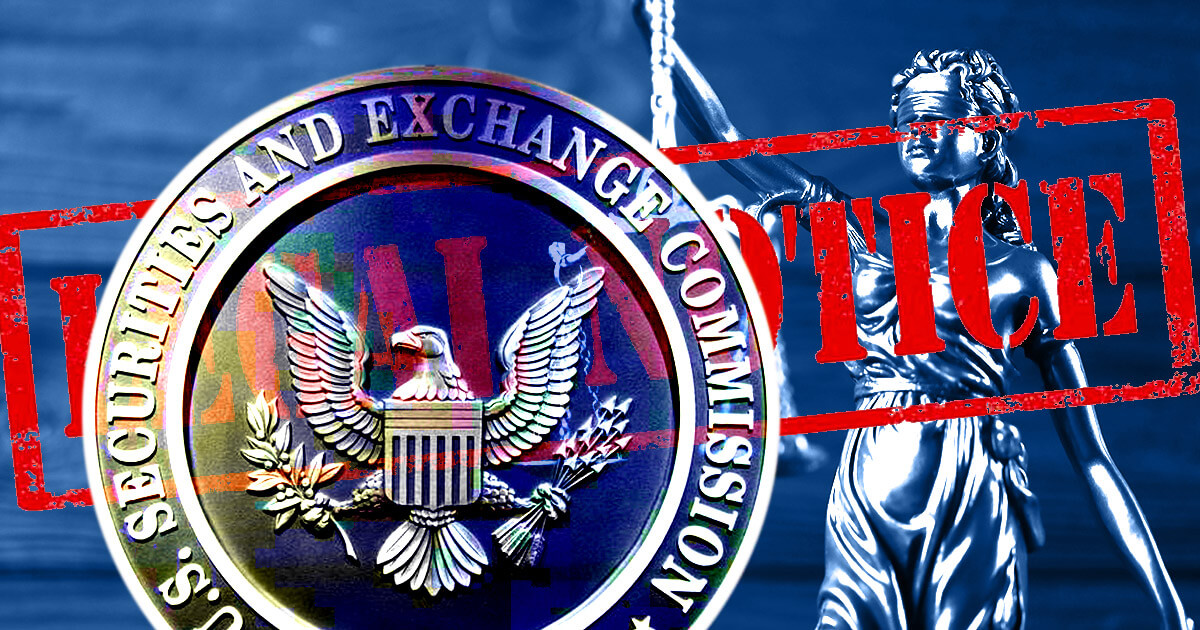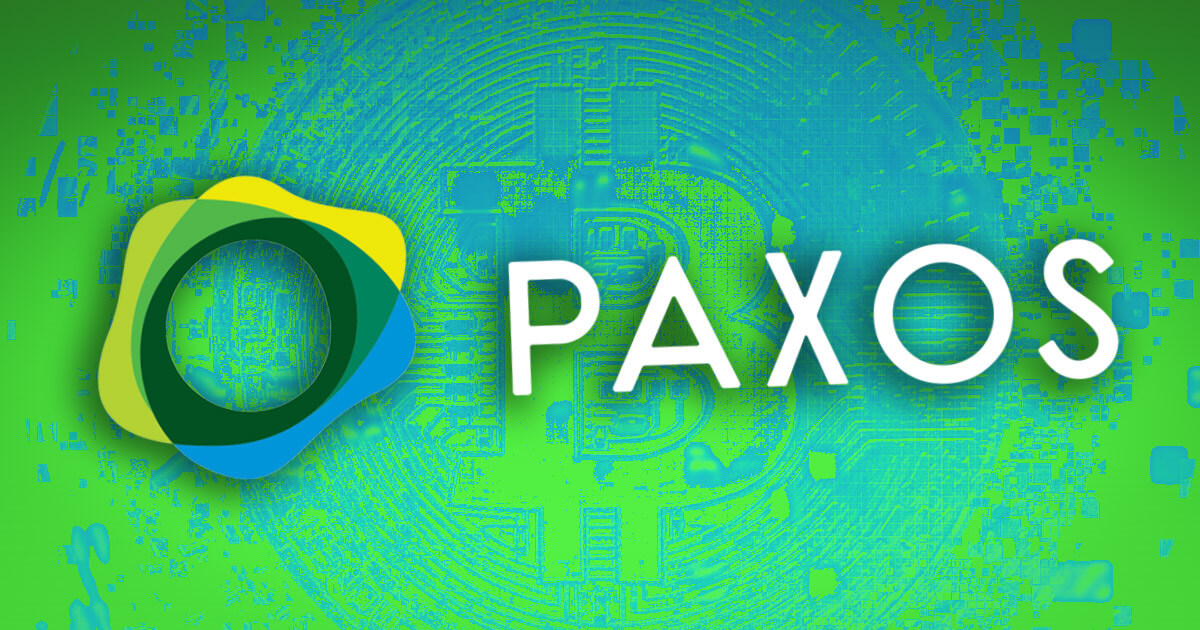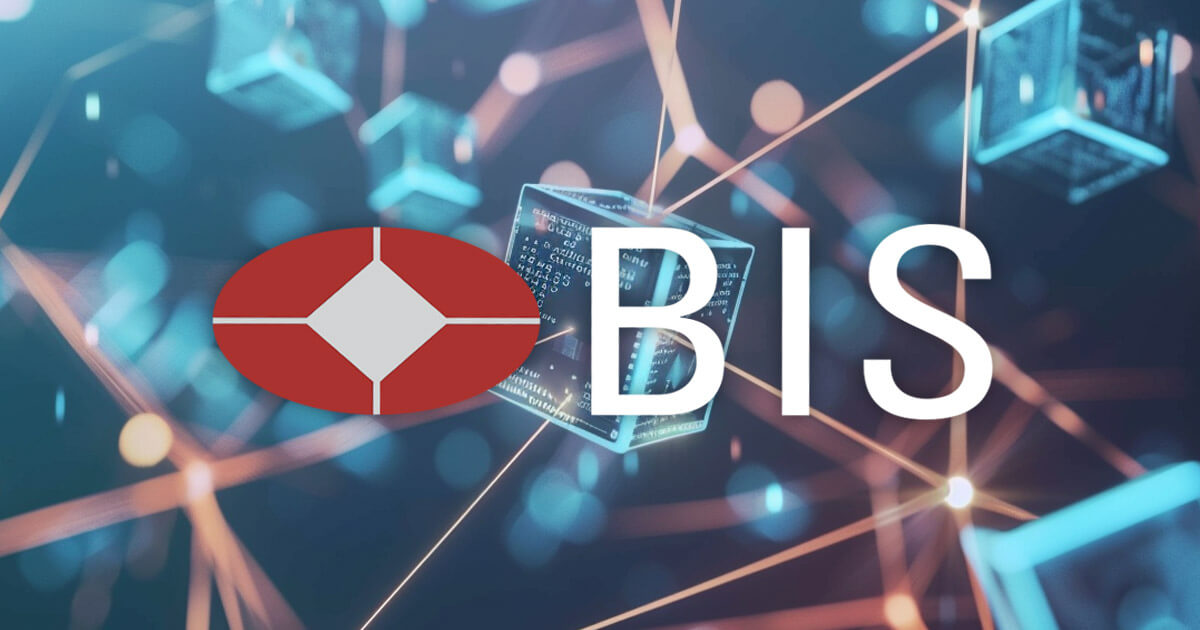The non-government organization Bitcoin Argentina has proposed a new legal framework to regulate cryptocurrencies in a way that maintains decentralization and builds public trust.
Bitcoin Argentina president Ricardo Mihura presented the draft bill on November 10 at a major blockchain conference in Buenos Aires. Despite previously opposing crypto regulation, Bitcoin Argentina now argues it is necessary to preserve blockchain technology and hold bad actors accountable.
We cannot close our eyes to the number of dishonest actors and projects that circulate with the blockchain brand, said Mihura.
The bill’s first article focuses on categorizing cryptocurrency platforms and service providers as decentralized, centralized but willing to engage with authorities, or centralized and global. Platforms in the latter two categories could operate freely but would face legal consequences if customers suffer damages from company problems.
Courts would decide if a platform is sufficiently decentralized when resolving legal claims. Decentralized platforms would not face intervention. Mihura stressed that banning cryptocurrencies is unrealistic given blockchain’s global nature. “Not even the United States can effectively prohibit the unlicensed crypto economy,” he said.
Since Argentina cannot stop residents from using global crypto platforms, the bill aims to provide citizens the maximum legal protection available. Mihura said this includes holding all responsible parties accountable for fraud, “until the final victim.”
The proposal comes a week before Argentina’s presidential runoff election. The country is battling high inflation, which hit 121.7% over the past year.
Bitcoin Community Shifts Stance On Oversight
In the past, the Bitcoin community rejected government oversight. However, Bitcoin advocates in Argentina now believe regulation is necessary to preserve decentralization and protect consumers. Mihura admitted the bill represents a major shift for Bitcoin Argentina. But he said the growing number of dishonest actors compelled the organization to take action.
Specific goals include separating truly decentralized platforms from centralized providers, and ensuring strong legal protections for crypto users. Mihura stressed that the judiciary should not intervene in decentralized networks.
Some speculate the proposal is partly motivated by Argentina’s inflation crisis. Regulating cryptocurrency could help rebuild public trust and prevent fraud. Either way, the draft bill signals increasing openness to oversight among crypto advocates.
Related Reading | Unraveling India’s Crypto Conundrum: Supreme Court Dismisses PIL
Credit: Source link















































